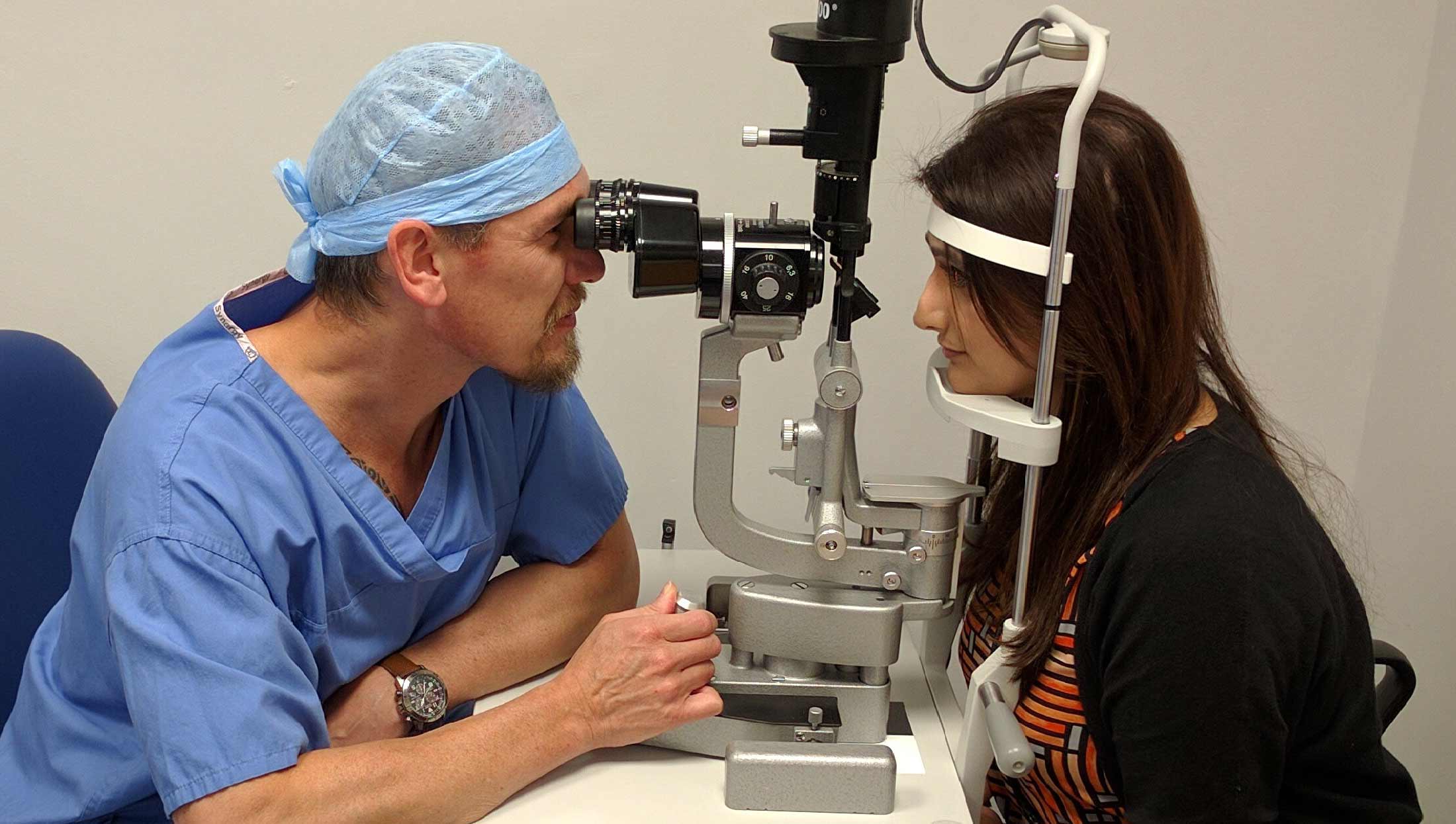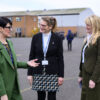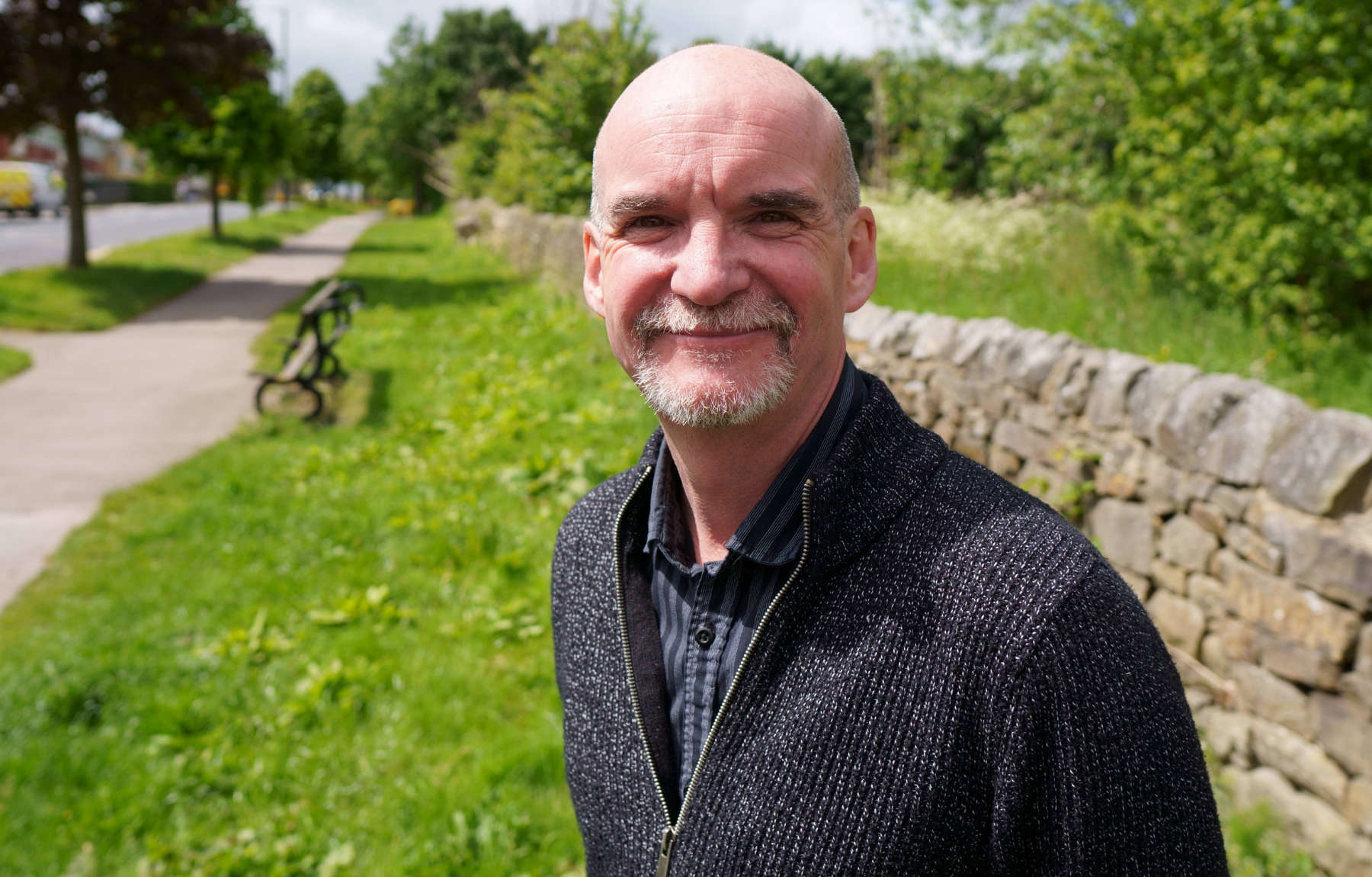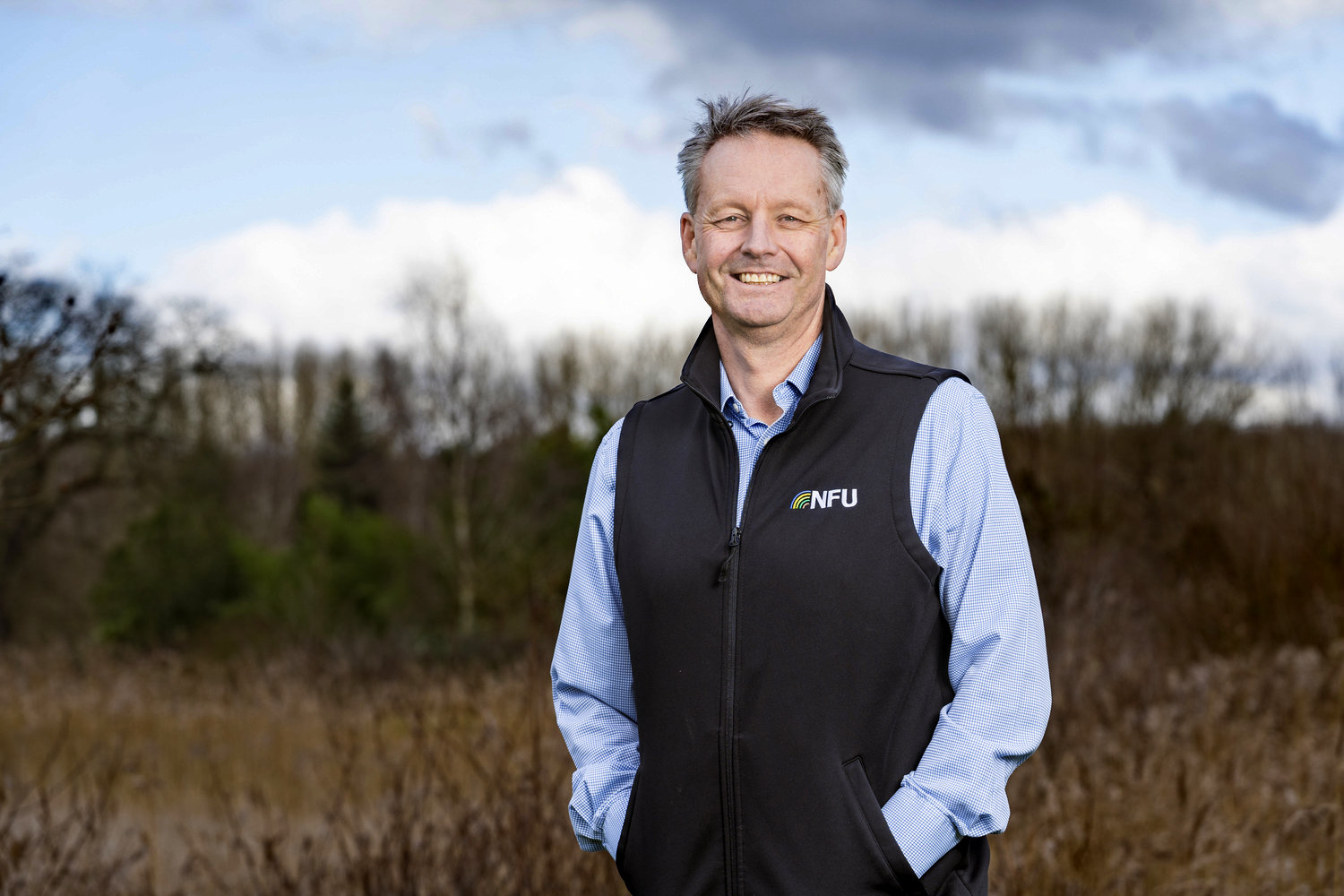Three members of Harrogate and District NHS Foundation Trust’s ophthalmology department have set off for Zambia this week on a 10 day mission to support a number of Zambian ophthalmologists and allied eye care workers in the country.
The invitation, from the National Eye Care Co-ordinator, was brought about following contact from UK based NGO, Vision Aid Overseas, which aims to fight poverty by improving access to eye care.
Zambia is landlocked and lies between the equator and the Tropic of Capricorn. There are just 23 qualified ophthalmologists to serve a 15.8 million population who earn, on average, $2 each per day.
Recently, the Zambian Government recognised the need to invest in eye care, with glaucoma treatment and surgery being recognised as a priority.
Glaucoma usually presents at an advanced stage in Zambia due to the lack of available regular eye examinations and absence of symptoms. Hence ophthalmologists are often faced with glaucoma patients for whom little vision remains.
Tony Burton, Associate Specialist in Ophthalmology; Eve Panesar, Advanced Orthoptist; and Caroline Clarke, Optometrist, have travelled to Livingstone in southern Zambia and, together with two Portsmouth-based colleagues, will be skill sharing on the topics of glaucoma and binocular vision.
Tony, who has a specialist interest in glaucoma and medical retina, is an ideal candidate to advise and support his fellow ophthalmologists in Zambia. He said:
It’s an opportunity to fulfil a lifelong ambition to help others less fortunate in the best way we know how – through our friendship and expertise.
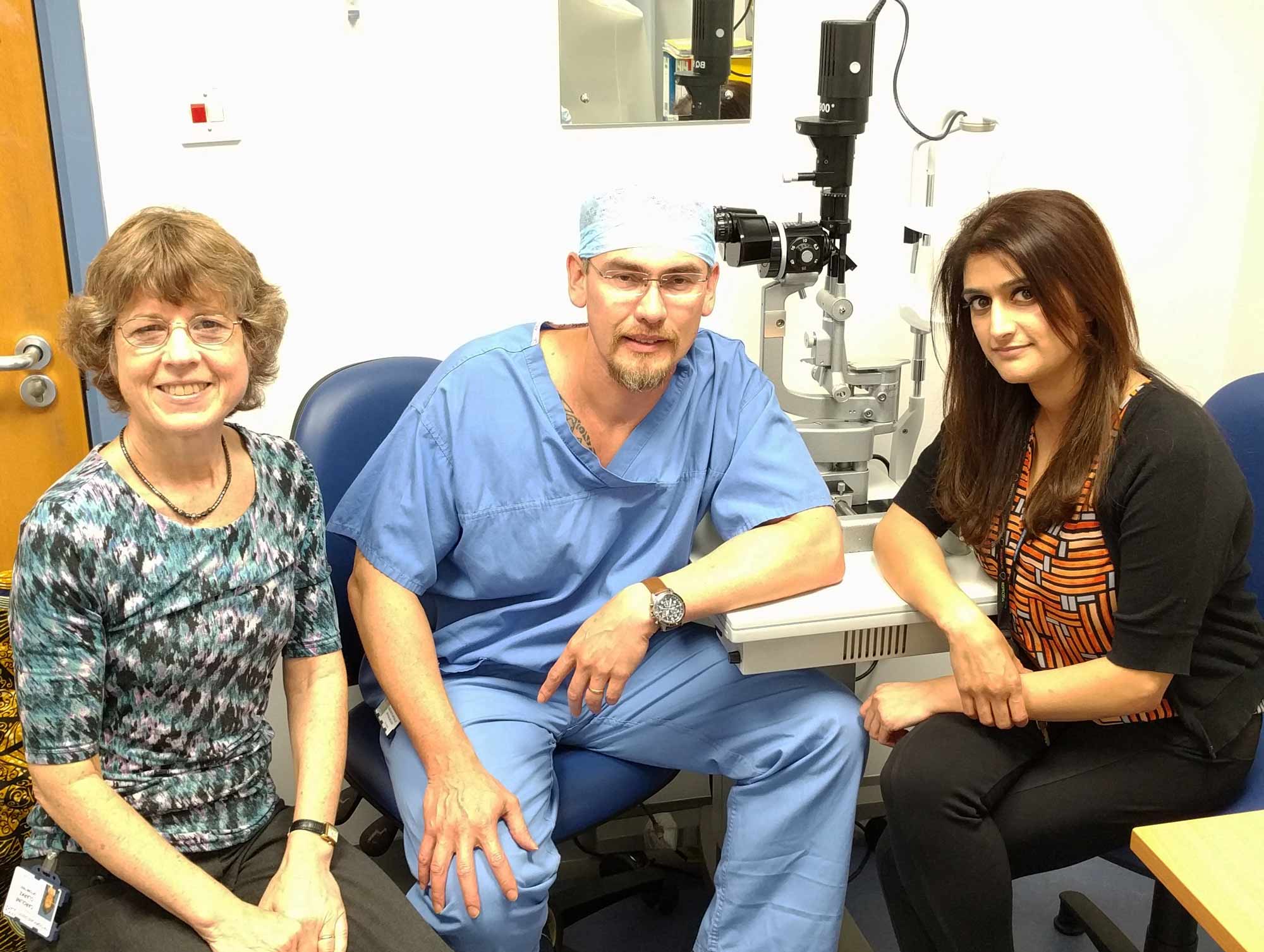
The team will be helping some Zambian ophthalmologists, who look after an area of 1.7 million people with little ongoing support to extend their surgical knowledge and skills. Surgery is therefore limited and any complicated cases are referred to South Africa, if the patient can afford it.
Caroline Clarke is somewhat of a veteran Vision Aid Overseas worker, having carried out voluntary assignments ranging from outreach clinics in remote rural areas of Zambia to more recently, delivering conferences for qualified Zambian optometrists.
Caroline said:
In some cases, state of the art equipment is available, but we need to help our Zambian colleagues to make the best use of it. There is a desire amongst them to develop and enhance their clinical and surgical skills with the help and support of visiting specialists.
Eve has also spent time in Ghana with the same organisation delivering a month long programme training optometry undergraduates in binocular vision.
For the ophthalmology team at Harrogate and District NHS Foundation Trust, it presents a great opportunity to develop and share best practice with fellow allied eye care professionals from across the world.

